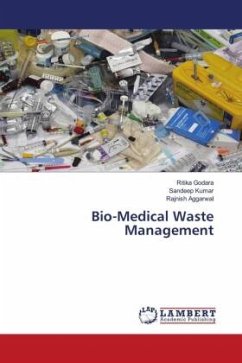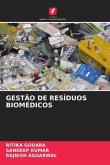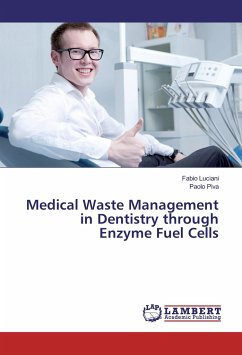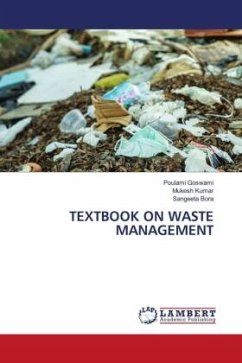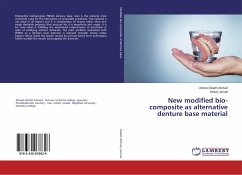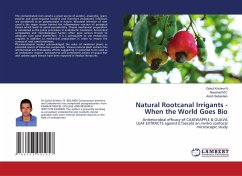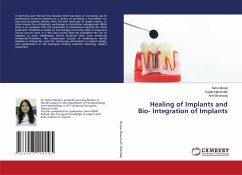Biomedical waste (BMW) is any waste produced during the diagnosis, treatment, or immunization of human or animal research activities pertaining thereto or in the production or testing of biological or in health camps.The basic principle of good BMW practice is based on the concept of 3Rs, namely, reduce, recycle, and reuse. The best BMW management (BMWM) methods aim at avoiding generation of waste or recovering as much as waste as possible, rather than disposing.Safe and effective management of waste is not only a legal necessity but also a social responsibility. Lack of concern, motivation, awareness and cost factor are some of the problems faced in the proper hospital waste management.Biomedical waste management (BMWM) should be a shared teamwork with committed government backing, good BMW practices followed by both health-care workers and HCFs, continuous monitoring of BMW practices, and strong legislature. The current BMWM 2016 rules are an improvement over earlier rules in terms of improved segregation, transportation, and disposal methods, to decrease environmental pollution and ensure the safety of the staff,patients, and public.
Bitte wählen Sie Ihr Anliegen aus.
Rechnungen
Retourenschein anfordern
Bestellstatus
Storno

